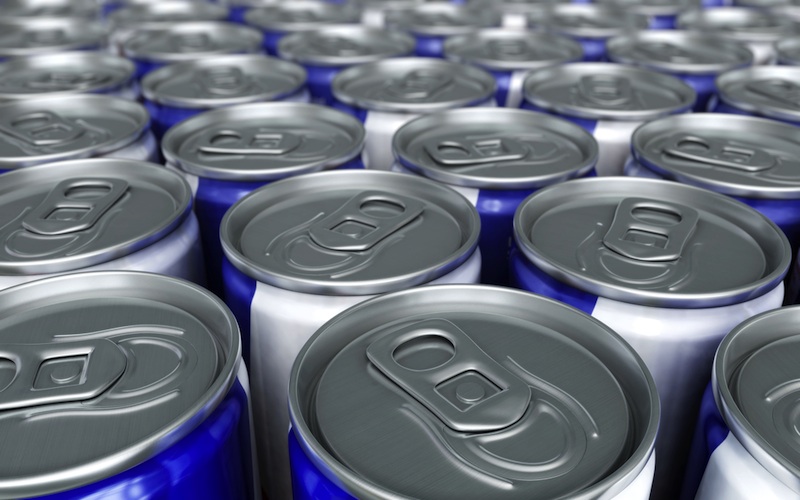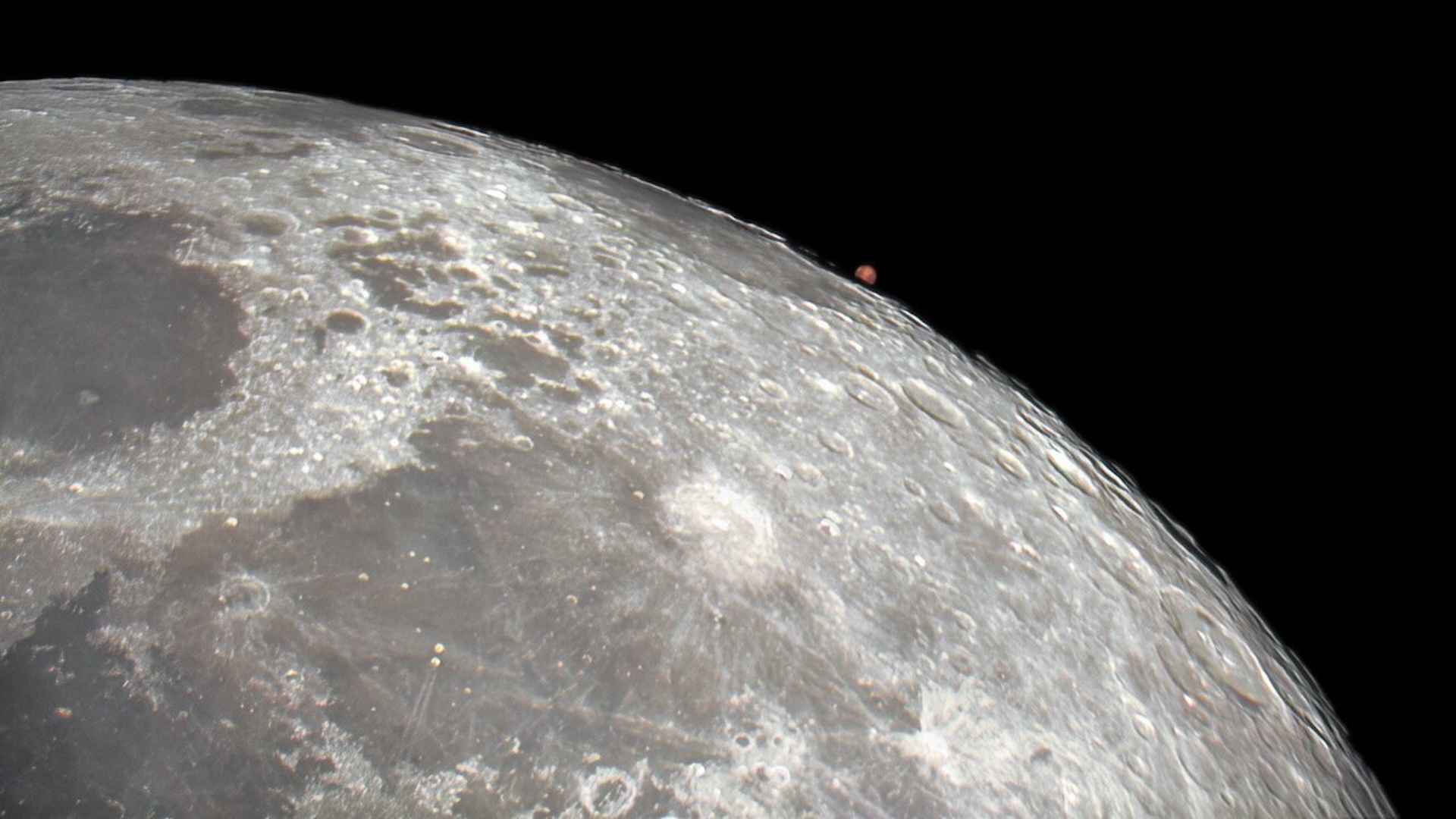Energy Drinks Tied to Brain Injuries in Teens

Teens who drink energy drinks a lot are more likely to get head injuries than those who don't consume the highly caffeinated beverages, a new study from Canada suggests.
Researchers analyzed information from a survey of more than 10,000 middle and high school students ages 11 to 20 in Ontario in 2013. Students were asked about their energy drink consumption, as well as whether they had experienced a traumatic brain injury (TBI), meaning they had sustained a blow to the head that left them unconscious for at least 5 minutes, or resulted in an overnight hospital stay.
About 22 percent of students said they had experienced a traumatic brain injury (TBI) in their lifetimes, and 6 percent said they'd had a TBI in the last year. Most of these injuries occurred while the teens were playing sports.
There was a link between energy drink consumption and having experienced a TBI. In the researchers analysis, they compared teens' odds of having a TBI in the past year with their odds of not having one. They found that for teens who had consumed energy drinks in the past week, the increase in odds of having a TBI was five times greater than it was for teens who didn't consume energy drinks at all.
In other words, teens who consumed the drinks were far more likely to have a TBI than those who did not.
The findings are concerning, because energy drinks might interfere with the body's ability to heal from a TBI, the researchers said.
"Energy drinks, such a Red Bull and Rockstar, contain high levels of caffeine and change the chemical state of the body, which can prevent people from getting back on track after a TBI," study co-author Dr. Michael Cusimano, a neurosurgeon at St. Michael's Hospital in Toronto, said in a statement. "Brain injuries among adolescents are particularly concerning because their brains are still developing."
Sign up for the Live Science daily newsletter now
Get the world’s most fascinating discoveries delivered straight to your inbox.
It's also possible that consuming energy drinks might increase a person's chances of experiencing another TBI, the researchers said. [5 Health Problems Linked to Energy Drinks]
However, the study found only an association between energy drinks and TBI; the researchers said they don't know which happened first, and cannot prove that drinking energy drinks increases teens' risk for TBI.
It's possible that people who consume energy drinks also have other underlying factors that predispose them to experiencing a TBI, the researchers said. For example, these individuals could have a personality type that tends to take risks. Or, it could be that teens who have experienced a TBI start consuming energy drinks as a way to cope with the effects of their injuries, the researchers said.
The new findings may not be surprising, given that previous studies have found that young athletes often consume energy drinks, and athletes are also at risk of TBI, the researchers said. But the new study also found a link between energy drink consumption and TBIs that teens got in other ways, such as falling down or getting in a fight.
Future studies are needed to better understand the reason for the link between energy drink consumption and TBI, and to examine exactly why teens are drinking these beverages, the researchers said.
The study is published today (Sept. 16) in the journal PLOS ONE.
Follow Rachael Rettner @RachaelRettner. Follow Live Science @livescience, Facebook & Google+. Original article on Live Science.

Rachael is a Live Science contributor, and was a former channel editor and senior writer for Live Science between 2010 and 2022. She has a master's degree in journalism from New York University's Science, Health and Environmental Reporting Program. She also holds a B.S. in molecular biology and an M.S. in biology from the University of California, San Diego. Her work has appeared in Scienceline, The Washington Post and Scientific American.










